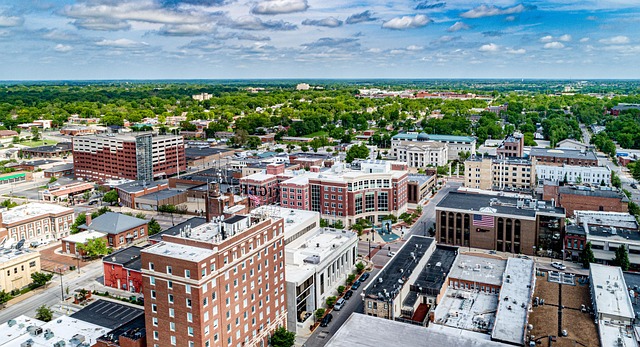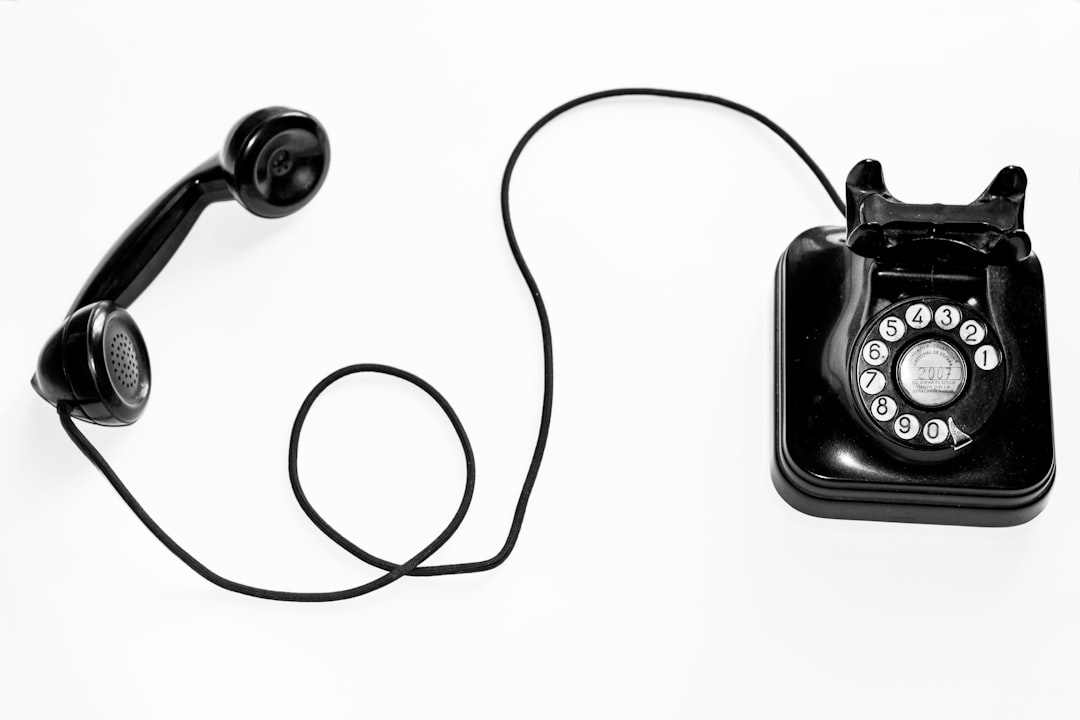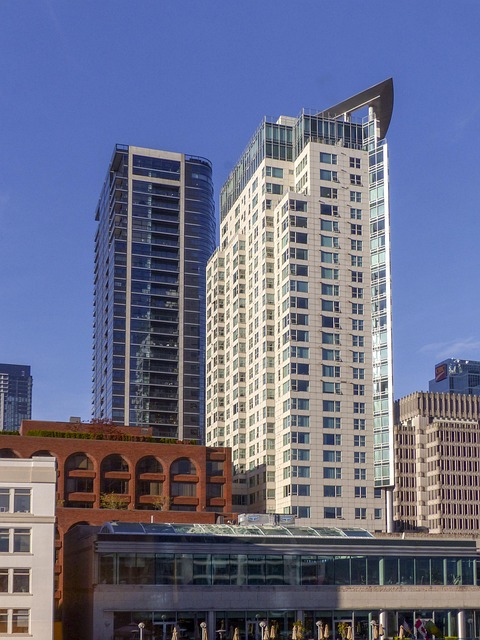Spam call lawsuits are on the rise in the District of Columbia to combat intrusive automated calls. Residents have rights and can take action through specialized spam call law firms against violators of federal and local laws like the TCPA. Mount Vernon residents face liability under stringent DC spam call regulations, with penalties for bulk text messages without explicit consent. Victims can seek guidance from reputable spam call law firms, block unknown callers, register with the National Do Not Call Registry, and document interactions for legal action or reporting.
Mount Vernon residents often face unwanted spam text messages, a growing concern in the digital age. Understanding your rights and the legal framework behind these spam call lawsuits is crucial. This guide aims to educate residents and businesses about the intricacies of spam calls in the District of Columbia. We’ll explore who’s liable, the legal rights of victims, and effective prevention strategies. Stay informed and take action against unsolicited text messages with help from top-rated spam call law firms in DC.
Understanding Spam Call Lawsuits in DC

In the District of Columbia, spam call lawsuits have become a growing concern for residents, as unauthorized and unsolicited phone calls can be particularly intrusive. These lawsuits target businesses or individuals who make automated or prerecorded calls in violation of federal and local laws, such as the Telephone Consumer Protection Act (TCPA). If you’re a Mount Vernon resident receiving excessive spam calls, understanding your rights is essential.
DC’s strict regulations on spam calls mean that victims can hold offenders accountable. Local spam call law firms specialize in representing affected individuals and seeking compensation for their trouble. These lawsuits not only stop unwanted callers but also serve as a deterrent to potential violators, ensuring that residents’ peace of mind is protected in the digital age.
Who is Liable: Residents and Businesses

In the context of spam text lawsuits in Mount Vernon, both residents and businesses can be held liable if found guilty of violating consumer protection laws. The District of Columbia’s strict regulations target unwanted telemarketing practices, including spam calls. Residents who make or receive these illegal calls may not realize it, but they could still be considered complicit. Business entities, on the other hand, must adhere to strict guidelines when conducting marketing campaigns via text messages. Any deviation from authorized consent can lead to significant legal repercussions for both individuals and corporations.
Liability often arises when a resident or business fails to obtain proper permission before sending bulk text messages. This includes situations where pre-recorded or automated calls are made without the recipient’s explicit consent, as required by the DC Consumer Protection Act. As such, businesses must implement robust opt-out mechanisms and strict data privacy protocols to avoid such legal entanglements.
Legal Rights and Recourse for Victims

If you’re a resident of Mount Vernon and have been the victim of spam text messages, know that there are legal rights and options available to you. In the District of Columbia, it’s illegal for businesses and individuals to send unsolicited text messages en masse, often referred to as spam calls. These messages can include advertising, promotions, or even malicious content designed to phish for personal information.
Victims of such practices have recourse through legal action. Many reputable spam call law firms in the District of Columbia specialize in representing individuals affected by these intrusive and potentially illegal activities. These firms help victims understand their rights under DC laws that protect against unwanted text messages, and they may pursue legal action on behalf of clients to stop the spamming, seek damages, or both.
Preventing and Responding to Spam Calls

Mount Vernon residents, be aware: spam calls are not just an annoyance; they can be illegal and lead to costly lawsuits. If you’re facing a barrage of unsolicited phone calls from unknown numbers, know that you have rights. The Consumer Protection Division in the District of Columbia actively enforces laws against deceptive telemarketing practices, including spam calls.
To protect yourself, consider implementing measures like blocking unknown callers on your device and registering your number with the National Do Not Call Registry. If a spam call law firm contacts you, don’t ignore it. Gather all relevant information about the caller—like phone numbers, timestamps, and any recorded conversations—and respond promptly. Documenting these interactions is crucial in the event that you need to take legal action or report the matter to the authorities.






